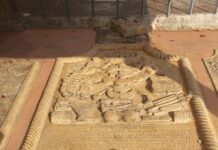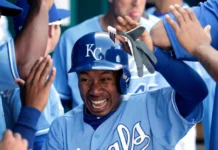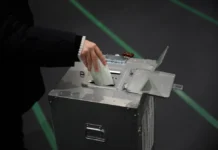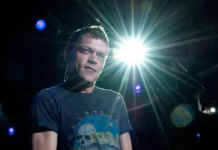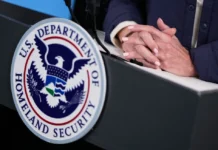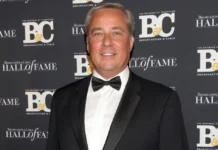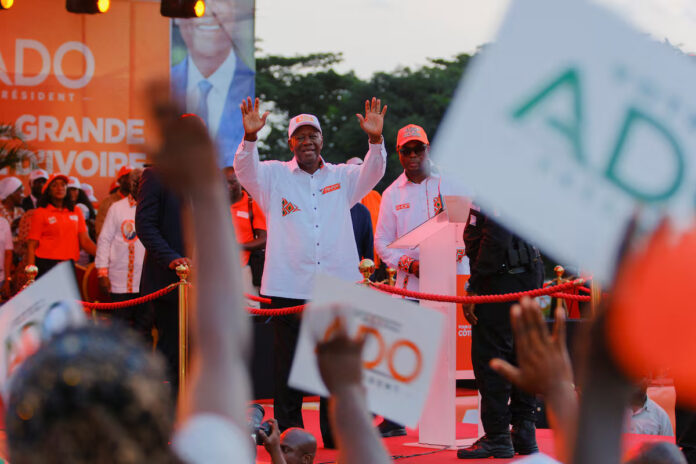
Ivorians are heading to the polls on Saturday in a presidential election dominated by questions over President Alassane Ouattara’s legacy, age, and succession.
The 83-year-old incumbent, who has led Ivory Coast for nearly 15 years, is seeking a fourth term while signalling that this campaign could mark his final bid for office.
A former International Monetary Fund executive, Ouattara rose to power in 2011 following a civil war that claimed around 3,000 lives after then-President Laurent Gbagbo refused to concede defeat.
Since then, Ouattara has presided over a period of rapid economic growth and relative stability, positioning the West African nation as one of the region’s fastest-growing economies.
At his final campaign rally in Abidjan on Thursday, Ouattara declared, “We have turned Ivory Coast around. The country has experienced extraordinary growth since 2011. And this growth must continue.”
He has credited his administration for investments in education, infrastructure, and efforts to diversify the economy beyond cocoa, the country’s top export.
However, his re-election bid comes amid growing discontent among the country’s youth. With a median age of just 18, many young Ivorians say they are frustrated by an ageing political class and high unemployment.
“We are tired of seeing old people making decisions for us,” said Landry Ka, a 22-year-old student in Abidjan. “We need someone who understands the struggles of young people and can help us find jobs.” Ka said he is backing Simone Gbagbo, the 76-year-old former first lady and Ouattara’s most prominent challenger.
Other candidates include former commerce minister Jean-Louis Billon, 60, though his campaign has struggled to gain traction after the main opposition PDCI party, led by Tidjane Thiam, 63, declined to endorse him.
Both Thiam and former president Gbagbo were deemed ineligible to run.
“Many young Ivorians express deep scepticism toward the political elite, citing persistent unemployment, inequality, and a lack of representation,” said Chukwuemeka Eze of the Open Society Foundations.
Voting began at 0800 GMT, with over eight million registered voters expected to participate. Provisional results are anticipated within five days, and a runoff will be held if no candidate secures over 50% of the vote.
The campaign period has been largely peaceful, though authorities have arrested hundreds during scattered protests in cities including Yamoussoukro.
Amnesty International has criticised the government’s “disproportionate” restrictions on demonstrations, while officials maintain the measures are necessary to ensure calm.
“We protect freedom of speech, but we must also maintain order,” said government spokesman Patrick Achi. “Let’s keep stability, and then the next generation can improve. But at least the economy that went through so much won’t again be destroyed.”
As Ivorians cast their ballots, the vote is widely seen as a test of Ouattara’s enduring influence and the country’s readiness to transition toward a new political generation.
Source: Reuters
Written By Rodney Mbua









